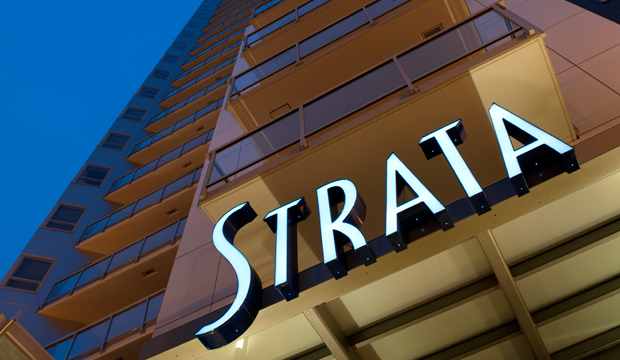Everything you need to know about body corporate fees in strata properties

Body corporate fees – or levies depending on where you are based in Australia – are a key part of ensuring strata properties run smoothly. And while the fees can seem like a burden sometimes, having adequate funds available for the upkeep of common areas and larger maintenance and repairs means the property will be in top shape for many years to come. Different fees cover different areas of a property’s maintenance.
This article outlines how body corporate fees are calculated and the specific things that these fees cover.
What body corporate fees and levies cover?
Body corporate fees cover payments for a range of things, including building insurance, maintenance of common property areas and amenities, contracted on-site staff (e.g., cleaners, gardeners and maintenance workers), utility bills for common areas, management fees for building managers, and works and repairs to the building.
How are levies calculated?
Levies are calculated using the annual budget for a property along with the funds that need to be deposited to the building’s capital works and administrative funds each year. The capital works fund is known as the “sinking fund” in Queensland and the “maintenance fund” in Victoria.
The capital works fund pays for expected and unexpected works to the building. These works are usually large-scale projects, such as repainting the property or replacing balcony balustrades.
The administrative fund covers the regular operating expenses incurred for a building. These expenses may include insurance, small repairs such as small water leaks and management fees
Owners corporation committees use the expertise of strata professionals to ensure the fees cover the buildings ongoing expenses plus any larger-scale works. A building’s budget is impacted by four key factors, including amenities (e.g., pool, lift, gardens, gym and car parking), the size of the building structure, age of the building, and management fees.
The proposed fees are presented at a general meeting and must be approved by most property owners in the building.
Don’t get caught out with body corporate fees
Paying body corporate fees is part of the package when you live in a strata property. You should be mindful of how much these fees may increase over time if you’re considering buying a strata title property. While the fees may seem steep, you don’t need to worry about the time and effort that goes into maintaining common areas — parts of a property you would have to maintain and repair on your own in a detached residential home.
Remember, this article does not constitute financial or legal advice. Please consult your professional financial and legal advisors before making any decisions for yourself.
